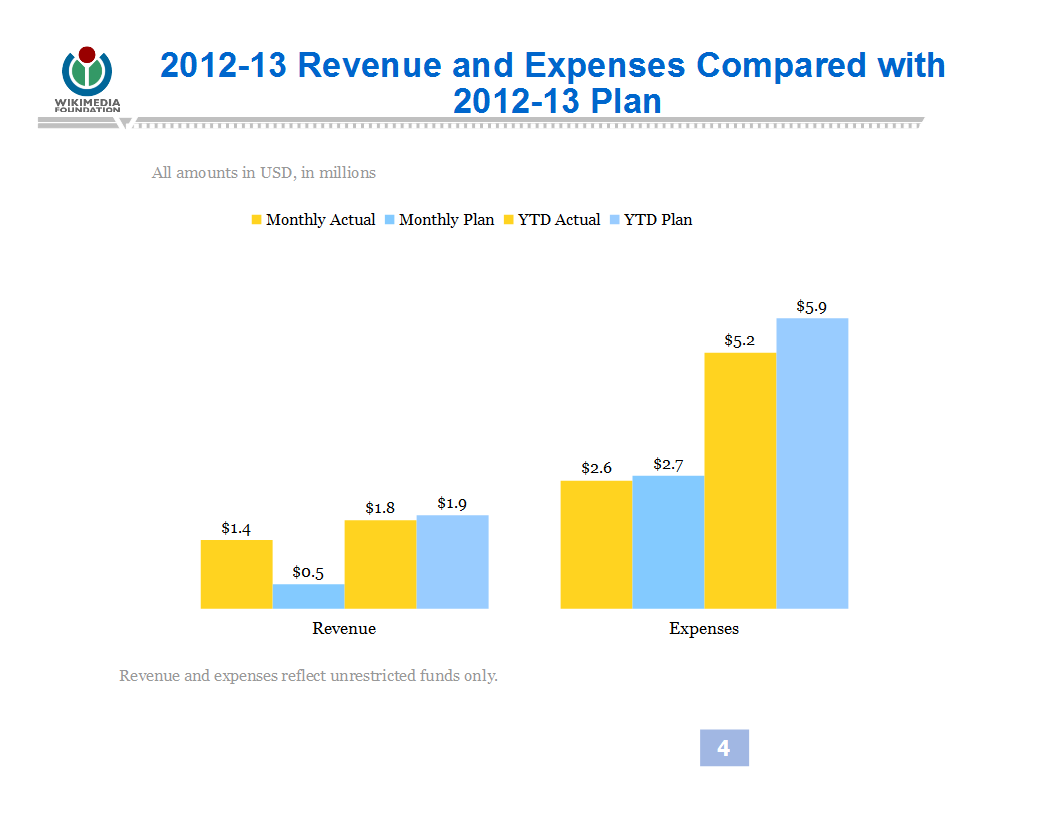Are you a newbie in the world of personal finance, looking to take control of your financial future? Well, you’re in luck because we’ve curated the ultimate list of must-read personal finance books to help you on your journey towards financial success.
Managing your finances effectively is a critical life skill, and these books will provide you with the knowledge and insights you need to make informed decisions about your money. Let’s dive into our top recommendations:
- “Rich Dad Poor Dad” by Robert Kiyosaki – This classic book offers valuable lessons about financial literacy and the importance of investing in assets that generate income.
- “The Total Money Makeover” by Dave Ramsey – Dave Ramsey provides a step-by-step plan to get out of debt, build an emergency fund, and secure your financial future.
- “Your Money or Your Life” by Vicki Robin and Joe Dominguez – Learn how to transform your relationship with money, achieve financial independence, and live a life aligned with your values.
- “The Millionaire Next Door” by Thomas J. Stanley and William D. Danko – Discover the habits and characteristics of everyday millionaires and how to emulate their success.
- “Broke Millennial” by Erin Lowry – Geared towards younger readers, this book covers essential financial topics, from budgeting to investing, in a relatable and engaging way.
- “The Automatic Millionaire” by David Bach – Explore the power of automation in building wealth and securing your financial future without feeling overwhelmed.
- “The Richest Man in Babylon” by George S. Clason – Delve into timeless financial principles through entertaining stories set in ancient Babylon.
- “I Will Teach You to Be Rich” by Ramit Sethi – Ramit Sethi offers a six-week personal finance program to help you achieve financial success while enjoying life today.
- “Smart Women Finish Rich” by David Bach – Tailored to women, this book provides valuable insights and strategies for achieving financial security.
- “The Simple Path to Wealth” by JL Collins – Simplify your path to financial independence and early retirement with this no-nonsense guide to investing.











